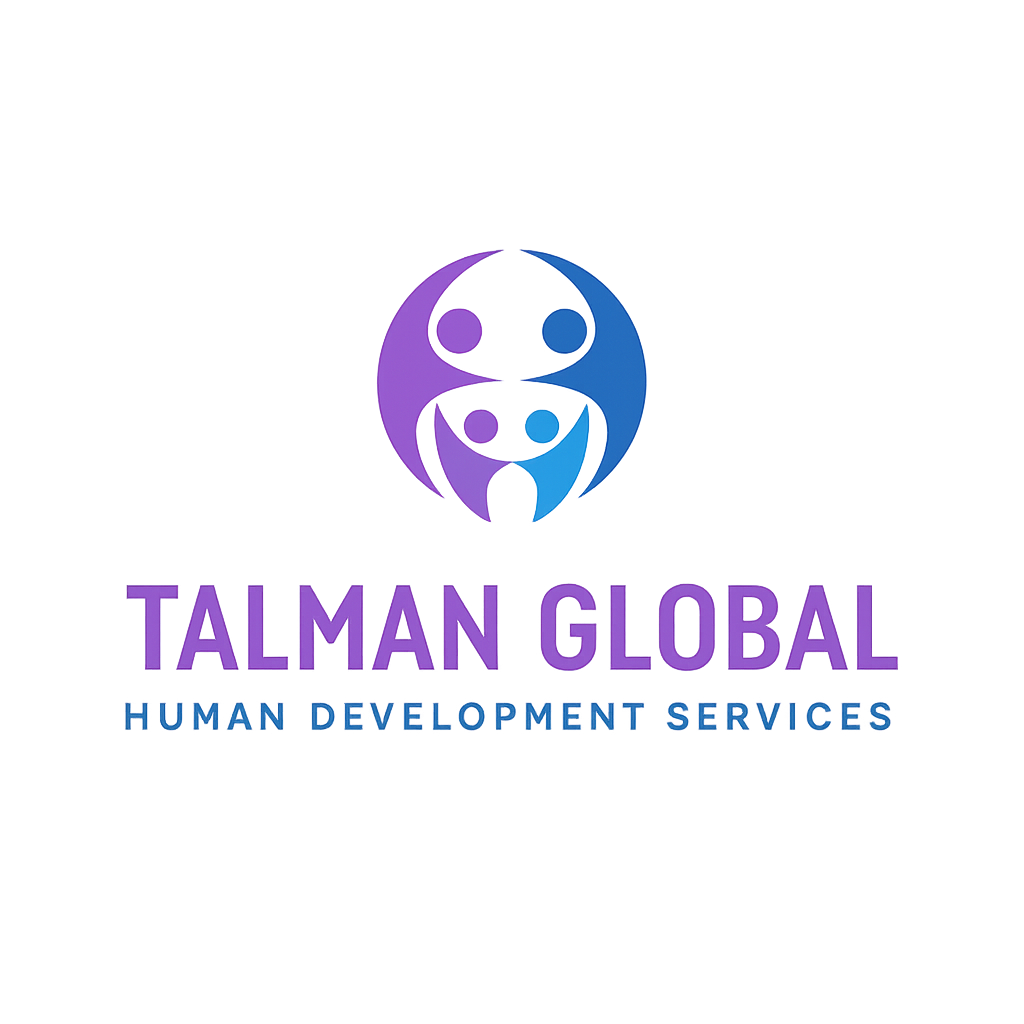Unlocking the Power of Emotional Intelligence: Expert Strategies for Career Success
- TalmanGlobal Human Development

- Dec 19, 2024
- 4 min read
Updated: Jan 19, 2025
Emotional intelligence (EI) is a crucial skill that can shape your professional journey. Knowing how to understand and manage your emotions, while also empathizing with others, can greatly influence your career growth. In this post, we will explore effective strategies for leveraging emotional intelligence. This will help you develop personally, improve workplace relationships, and achieve career success.
Understanding Emotional Intelligence
Emotional intelligence consists of five key components: self-awareness, self-regulation, motivation, empathy, and social skills. Each plays a vital role in how you engage with yourself and others. For instance, self-awareness helps you recognize how your emotions impact your behavior. A 2020 study showed that 58% of job performance is directly linked to emotional intelligence. This shows its importance in a professional setting.
Self-awareness means noticing your emotions and their connections to your thoughts and actions.
Self-regulation involves managing your emotional responses in various situations.
Motivation drives you towards personal and professional goals.
Empathy promotes emotional connections with others, facilitating better teamwork.
Social skills enable you to navigate social situations and establish meaningful relationships.
Understanding these components is the first step toward effective emotional intelligence.
Self-Awareness: The Foundation of Emotional Intelligence
Self-awareness forms the foundation of emotional intelligence. It requires reflecting on your feelings and how they shape your actions. To boost self-awareness, practice mindfulness techniques like journaling or prayer. For instance, maintaining a daily journal helped individuals increase their self-awareness by 30%, as shown in a 2019 study.
Another effective strategy is to seek feedback. Ask peers or mentors for constructive criticism on how your emotions affect your interactions. This outside perspective can illuminate areas for improvement.

Self-Regulation: Mastering Your Emotions
After enhancing your self-awareness, focus on self-regulation. This is about managing your emotional reactions to various situations. When faced with challenges, pause before responding. For example, taking three deep breaths can lower your heart rate and help you respond calmly.
Flexibility is key; the ability to adapt in changing environments sets you apart as a leader. According to a report by the American Psychological Association, professionals who demonstrated better self-regulation experienced 25% less stress in the workplace.
Motivation: Fueling Your Ambitions
Intrinsic motivation is a crucial aspect of emotional intelligence that drives career success. Set specific and achievable goals for yourself. For example, if you aim to complete a project, break it down into smaller tasks and track your progress. Research shows that individuals who set quantifiable goals are 70% more likely to succeed.
Celebrate small victories to maintain your enthusiasm. Surround yourself with positive influences, like colleagues who share your goals. Their support can help enhance your motivation.
Empathy: Connecting with Others
Empathy is vital for building strong workplace relationships. By understanding and sharing the feelings of others, you create an environment of trust. Improve your empathetic skills by practicing active listening. This means fully engaging in conversations and understanding what others are saying.
For instance, taking the time to listen to a colleague’s perspective can foster a stronger bond and improve teamwork. A study by the Carnegie Institute of Technology found that 85% of job success comes from having well-developed people skills, including empathy.
Social Skills: Navigating Professional Networks
Strong social skills help you manage relationships effectively. To enhance these skills, prioritize clear communication. Be concise and articulate in expressing your thoughts to resonate with your audience.
Additionally, adapt your communication style based on the situation. Whether engaging in small talk or discussing complex topics, being versatile allows you to connect with a diverse range of individuals. Actively engaging at workshops or seminars not only improves your social skills but also helps expand your professional network.
Conflict Management: A Key Application of Emotional Intelligence
Emotional intelligence significantly enhances conflict management. Understanding your emotions and those of others becomes critical during disagreements. Focus on active listening to grasp different perspectives.
Remaining calm and composed shows maturity and helps diffuse tense situations. A collaborative mindset, seeking solutions that benefit everyone, fosters a positive atmosphere. According to the Thomas-Kilmann Conflict Mode Instrument, people skilled in managing conflicts experience a 60% improvement in team effectiveness.
Encouraging a Culture of Emotional Intelligence in the Workplace
As you strengthen your emotional intelligence skills, you can nurture a workplace culture that appreciates EI in others. Promote open communication and create safe spaces for dialogue. Organizing team-building activities that focus on emotional intelligence can foster collective growth.
Recognizing and celebrating emotional intelligence in your workplace can lead to a more positive, productive environment. Research indicates that teams with high emotional intelligence are 30% more effective at solving problems collectively.
The Path to Career Success through Emotional Intelligence
Harnessing the power of emotional intelligence is essential for achieving career success. By enhancing your self-awareness, mastering self-regulation, cultivating motivation, practicing empathy, and refining your social skills, you position yourself as a strong candidate for leadership opportunities.
In a world where technical skills matter, emotional intelligence can be your distinguishing factor. Commit to developing these strategies, and unlock the potential emotional intelligence holds for your career. Remember, how you connect with yourself and others plays a significant role in shaping your professional journey.
Through consistent effort and practice, the perks of emotional intelligence will impact every aspect of your career, leading to better professional relationships and improved overall well-being.




Comments